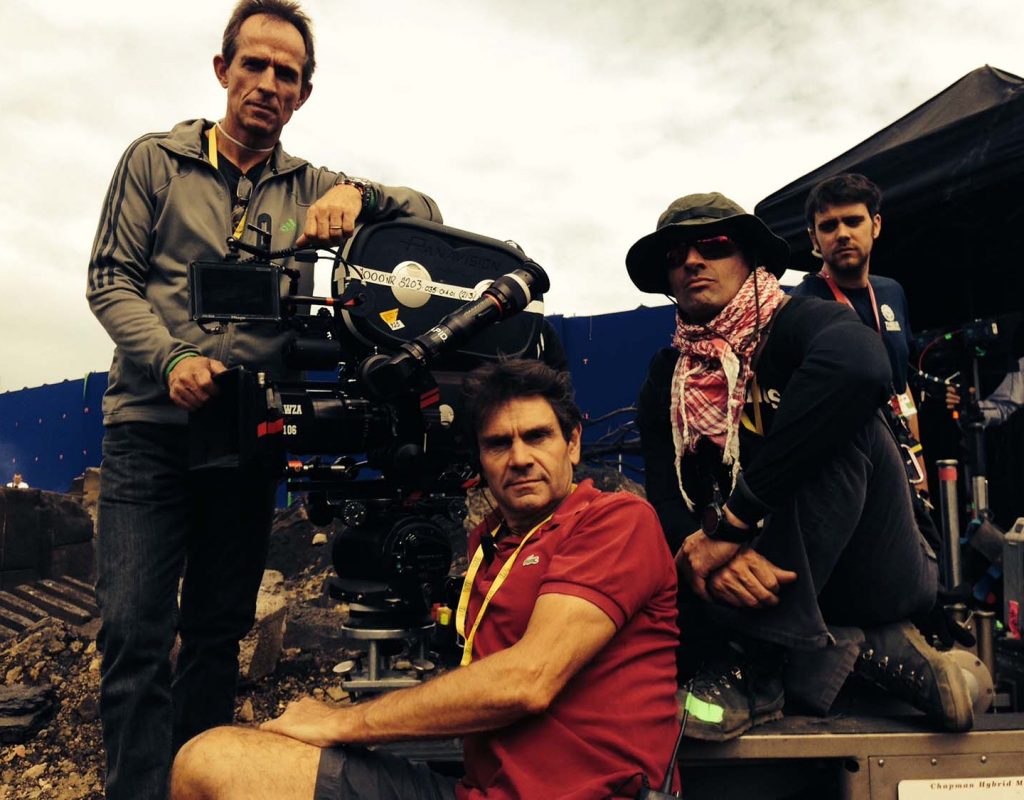Last week Harris released the results of its survey of broadcasters making the switch to DTV. U.S. broadcasters said they expect to meet the FCC-mandated Feb. 17, 2009 deadline. That frees up a whole lot of spectrum — 60 MHz in the 700 MHz band — with companies like Apple and Google, gobs of cash in hand, to grab a chunk once it hits the auction block.
This is the kind of stuff that usually flies under my radar, but it got me thinking. Should Google, Apple, or even Micro-hoo! opt to build a nationwide WiFi network, opportunities for independent video distribution will abound. Devices like the iPod Touch will make mobile video a reality as 3G operators like AT&T, Sprint, and Verizon cling to outdated broadcast models for mobile video distribution.
Why Net Neutrality Matters
Today the FCC is holding a public hearing at Harvard Law School, the center of the net neutrality universe. The specific issue at hand is whether an ISP like Comcast has the right to limit certain types of peer-to-peer traffic, such as BitTorrent. Personally I like the idea of all the illegal file swappers getting their pirated content at dial-up speed, but I have a much bigger issue with Comacast acting as judge and jury in the matter.
In Saturday’s Boston Globe, David Weinberger put it succinctly.
Comcast and the other major Internet access providers see the Internet as a way to broadcast content to users. Its value comes from what is on the Net. This suits the providers, who come from the world of telephones and cable TV, and are structured to make money by selling content and services to subscribers.
The other vision, and the one that has brought a billion people onto the Net and has stirred hope around the world, says the value of the Net comes from who is on the Net. The “who” isn’t a solitary face; the “who” is us, together. The most exciting developments on the Internet have been about how we are connecting with one another, touching one another, and building ideas, services, and new social forms together.
In the first vision, it makes sense to optimize the Internet for delivery of the most commercially attractive content. Apparently, Comcast thinks BitTorrent isn’t important.
In the second vision, it makes sense to connect as many people as possible and let them – us – decide what we want to do with this connectedness.
Having large media companies decide whose bits get transmitted faster is a no-win for independents, as they will try to hang on to current distribution models as long as possible. Even the staid Economist gets a chuckle out of big media’s failure to embrace the internet.
As it prepares for its 80th Academy Awards this weekend, Hollywood is facing another new medium-the internet. Instead of using the web to get films to people, studios are still in the cabbage-rolling business: they use the web mostly as a medium to show dross, and just a handful of decent films. Yet, if the studios hope that by ignoring the web, Tinseltown can put off change, they are surely wrong.
The article goes on to describe pirate video sites that could provide a model for Hollywood’s future. The DVD market isn’t going to last forever. Hollywood should not fear cannibalizing it with an internet option. But that’s the nature of big companies. It’s the Innovator’s Dilemma at play. That’s why it’s imperative that reasonably tough net neutrality legislation and a fair, open auction for the 700 MHz spectrum takes place.

Filmtools
Filmmakers go-to destination for pre-production, production & post production equipment!
Shop Now













